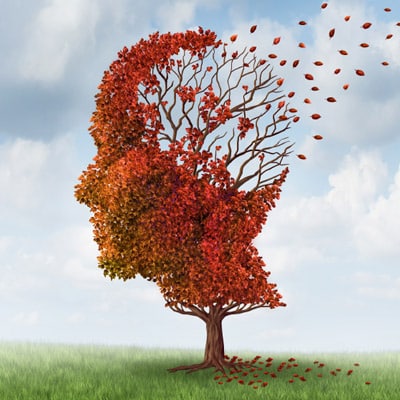The NHS tells us that dementia is caused by a higher than normal loss of brain cells, normally due to a build-up of unusual proteins in the brain. This damage leads to a decline in a person’s mental and, sometimes, physical abilities.
It is not well understood why the incidence of some forms of dementia seems to be increasing, for example Alzheimer’s. However, an increasing range of drugs are being introduced that may slow down the rate of progression of the illness.
Mental and physical activities, a sense of purpose, social interaction and a healthful diet are all important factors in reducing the impact of dementia on peoples’ lives.
Alzheimer Scotland organises ‘Singing for the Brain’ groups around the country. They usually involve the person’s relatives or friends as well as the person who has dementia. Many people and their carers have said that participation in the groups makes them feel better. One lady, who could no longer verbally communicate, was able to compete in a quiz session by singing the answers.
How do we proactively manage dementia within the care services? Apart from individual support measures, it is helpful to have the following in place…
Regular group and individual activities
These can include singing and music (as above) and art and creative activities. An active and socially rich environment can help people maintain their interest, self-esteem and enjoyment of life.
Participation
Involving people in decisions on how care is provided and organised can be of great benefit. This will maintain people’s social involvement, sense of purpose and decision making. Memories can be enhanced and reinforced through visiting places and people who the person feels are important in their life.
The person’s aspirations
Offering support to aims for achievable goals will lead to fuller lives, keep depression at bay and help the person enjoying a fulfilled life.
Basic health
It is important that the basics of living well are followed: a menu of identified favourite, healthful foods, regular exercise, social interaction and promoting good sleep will all help. When I worked on the front line as a manager, we often saw great improvement in people’s dementia when they came into care and had a regular healthy diet, social interaction and meaningful, enjoyable activities provided.
Health services should be used to ensuring that the illness is monitored, and that any medication is suitable. Medicines can interact to make things worse, unless reviewed regularly.
All of these measures can help people with dementia to live longer with a better quality of active and independent living.
Tony Clarke – QCS Expert Scottish Care Contributor






